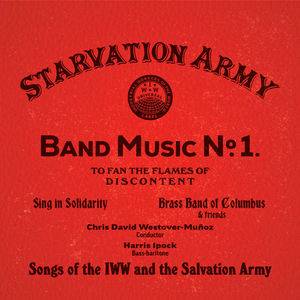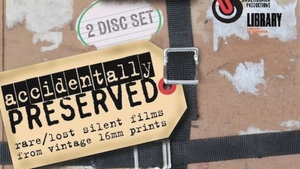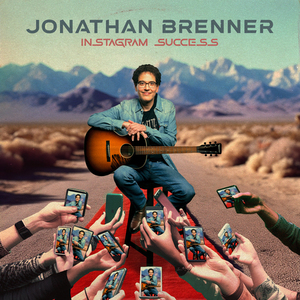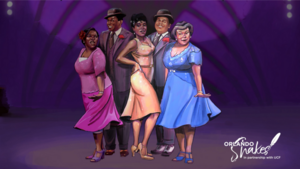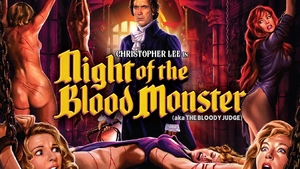Inconvenient Truth: a Minority Report Retrospective
by Shelton Hull
I first started writing the column in 1999; the invitation to do so was a
welcome hedge against my chronic inability to get my ranting into the print
edition of Ink 19 on time. I’d rather not count all the themes I wanted to touch
on over the years, but failed–it’s a number slightly less than all the girls
I’ve wanted to sleep within that same time frame, but failed. Of course, a
failure to produce good writing (even for free) is inexcusable compared to
carnal shortcomings, which can always be attributed to the sort of imperfections
in the sociological fabric of our culture that I’ve referenced from time to
time.
I’ve written the column under an assumed name, constructed from the first name
of former Watergate investigator Archibald Cox, who was fired by Mr. Robert Bork
at the behest of President Nixon–this was one of several bizarre, hubristic
mistakes that ultimately forced my favorite chief executive out of office over a
petty crime that, however wrong, only became what it did by accident–and the
jazz percussionist Willie Bobo, whose music I’ve never heard because it can’t
possibly meet the expectations I have from his name. The title of the column
(see above) was lifted from a book subtitled “HL Mencken’s Notebooks,” though,
just days after sending the first installment, I discovered that Christopher
Hitchens writes a column in “The Nation” with the same title. I took that as a
sign that I was in good company, and as further mandate from the Gods (whose
names are many, but I feel are basically the same deity) to justify my tangential
association with two of the all-time great speakers of Inconvenient Truth.
This column is my only presence in cyberspace, since I haven’t yet learned to
construct my own site, and the writings produced under my real name have so far
escaped this medium. That’s a source of continual frustration for me, which I
work out in this space. In certain respects, this is the best writing gig I’ve
ever had–no censorship, no deadlines, no word-limits. I’ve been able to stretch
out my mind and fingers more so than anywhere else, even the zine I help
produce. My experiences with “Section 8” have really helped me understand the
value of the Internet as the only truly democratic communications medium in the
world today. Radio, television and print have reached a point where money, and
money alone, determines who has access and how far out that access reaches.
Little wonder now that radio and television are virtually worthless outside New
York (which itself is considering selling its only NPR affiliate on the open
market, which means to Clear Channel), and most of the print media is only
readable when not dealing with anything important. With computers, however,
every consumer can also be a producer, which accounts for the infamous range of
content.
I’m happy to say that doing this column has made me a better writer. Ever since
I dropped out of college I knew that the only way I’d get anywhere in this
business was to be clearly and demonstrably better than my peers, most of whom
were just getting around to the actual study of journalism as I was beginning
this column. Degrees mean nothing to me; they function primarily as a sort of
ideological shorthand–you graduated from there, then, so you probably studied
under Professor so-and-so, whose views and methods are well-known. I am lucky in
that I have enjoyed exclusive control over what has gone into my brain. There
are certain essential texts–by Mencken, Hitchens, Hunter Thompson, PJ O’Rourke,
Noam Chomsky, William F. Buckley and others–that I’d have never gotten around
to reading if I’d been fucking around with “the classics” all this time. (I’ll
provide a list of what I consider essential reading for the aspiring reader or
writer of first-rate journalism to anyone who asks, c/o INK 19.)
The problem I have with the mainstream press is that they seem content to be
forgotten after they’re gone. Journalism is disposable by nature. Once the
subject matter has reached its end or conclusion, there’s no further reason to
read about it, unless the reader is interested in a) the subject or b) the
author. I write in this form because I feel it’s most relevant to my existence
for now, and also because I’d like to help reassert the artistic merits of
journalism for the benefit of future generations. Because if the style isn’t
appealing, then the substance will be ignored, and the general condition of
humanity is unlikely to improve.
So what’s the point, then?

